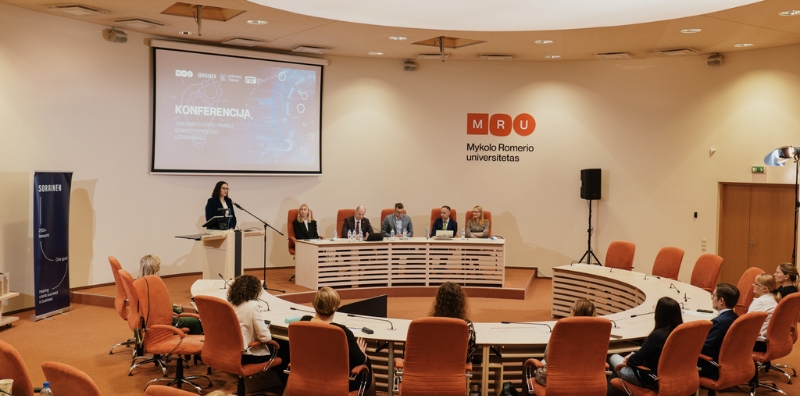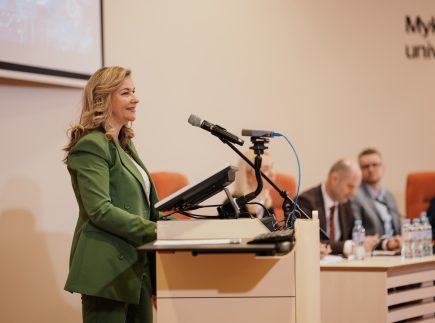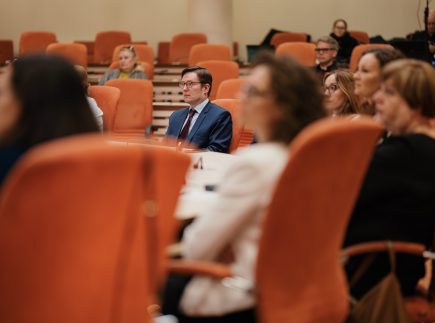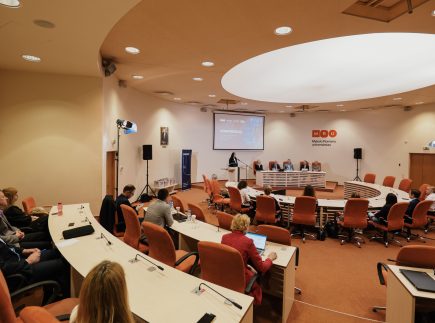
April 21st, 2023, at the conference "Ensuring an Effective Bankruptcy Process for Physical Persons", that was held at Mykolas Romeris University (MRU), academics and researchers along with judges, lawyers, and insolvency administrators shared their insights on ensuring an effective bankruptcy process for physical persons.
Participants of the conference discussed relevant issues of the bankruptcy process of physical persons: the conditions for filing a bankruptcy case, the role of the insolvency administrator in ensuring an effective bankruptcy process, the current practice of the court of cassation, insolvency "tourism" of physical persons, providing a "new start" and other relevant issues.
"In the decade since the entry into force of the Law on Bankruptcy of Physical Persons, more than 3,000 bankruptcy cases have been filed and more than half of them have been successfully concluded. Compared to other countries, this is not much. Apparently it is not very easy to go bankrupt in Lithuania. Ten years of law application practice and court practice have shown that there are many different issues related to the application of this law: the conditions for filing a bankruptcy case, the problems of property realization, the execution of the bankruptcy process of related persons, etc. In the meantime, there are not many works on legal doctrine, so the efforts of researchers and practitioners to discuss this topic, to look for the best solutions are to be welcomed", emphasized MRU Law School Dean Prof. Dr. Lyra Jakulevičienė, addressing conference participants.
Currently in Lithuania, the insolvency processes of physical persons and legal entities are regulated by different legal acts. In judicial practice, questions arise as to how the legal acts regulating the insolvency processes of physical and legal persons should be harmonized, especially in the case when entrepreneurs seek to use the bankruptcy process of physical persons.
As MRU Law School Professor Salvija Mulevičienė pointed out, the insolvency process in Lithuania is currently regulated by two legal acts, but there is no unified approach and clarity as to whether such regulation is justified in all cases.
The Conference was organized by the MRU Law School together with partners: the Council of Judges, the Chamber of Insolvency Administrators and the Sorainen Law firm.
This is already the second insolvency law conference. At the 1st Insolvency Law Conference, researchers and practitioners in this field discussed the means of ensuring the effective insolvency process of legal entities.



